South Africa
South Africa's economic recovery remains fragile and growth is expected to hold below 2% in the medium term due to policy uncertainty, high public debt and constraints to investment, the International Monetary Fund (IMF) said on Friday.
In a statement issued at the end of discussions with South Africa, the IMF said the country's recovery from the COVID-19 pandemic had been faster than expected, but its durability remains uncertain.
Economic growth is projected at 1.9% in 2022 after an estimated 4.6% rebound in 2021, but it is seen easing to 1.4% in the medium term.
"The economic recovery is deemed fragile, as it was accompanied by worsening unemployment, weak bank lending to the private sector and anaemic private investment. Despite the growth rebound, poverty and inequality did not show signs of improvement," this was during an Article IV consultation with South Africa.
IMF directors commended the government for a strong policy response to the pandemic but outlined a variety of areas requiring improvement.
It said the looming budget on Feb. 23 provides an opportunity for concrete measures to contain public sector wages, rationalise bailouts of state companies, streamline tax expenditure and better target education subsidies.
Directors highlighted the need for well-targeted social spending to reduce poverty and inequality. Noting the deteriorating performance of SOEs, Directors urged prompt action to strengthen their operations and finances and advance anti-corruption efforts in procurement and administration.
They noted that restructuring the national electricity company is critical to ensure energy security, reduce fiscal risks, and transition away from coal-powered energy.



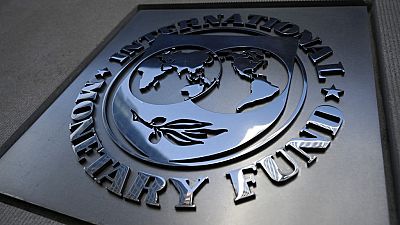

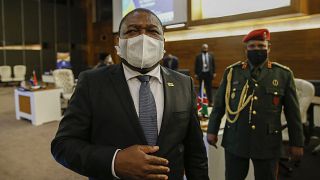
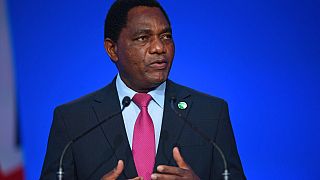
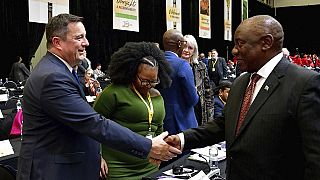
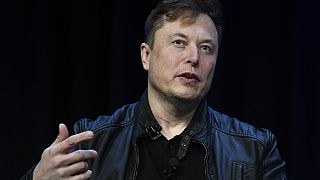




Go to video
Former South African deputy president David Mabuza dies at 64
Go to video
African gut study reveals urbanization threatens microbial diversity
01:35
Edgar Lungu's family condemns court decision to stop private burial in South Africa
00:52
South African court halts burial of Zambia’s ex-president Edgar Lungu
01:54
South Africa's independent mechanics join forces to compete with big companies